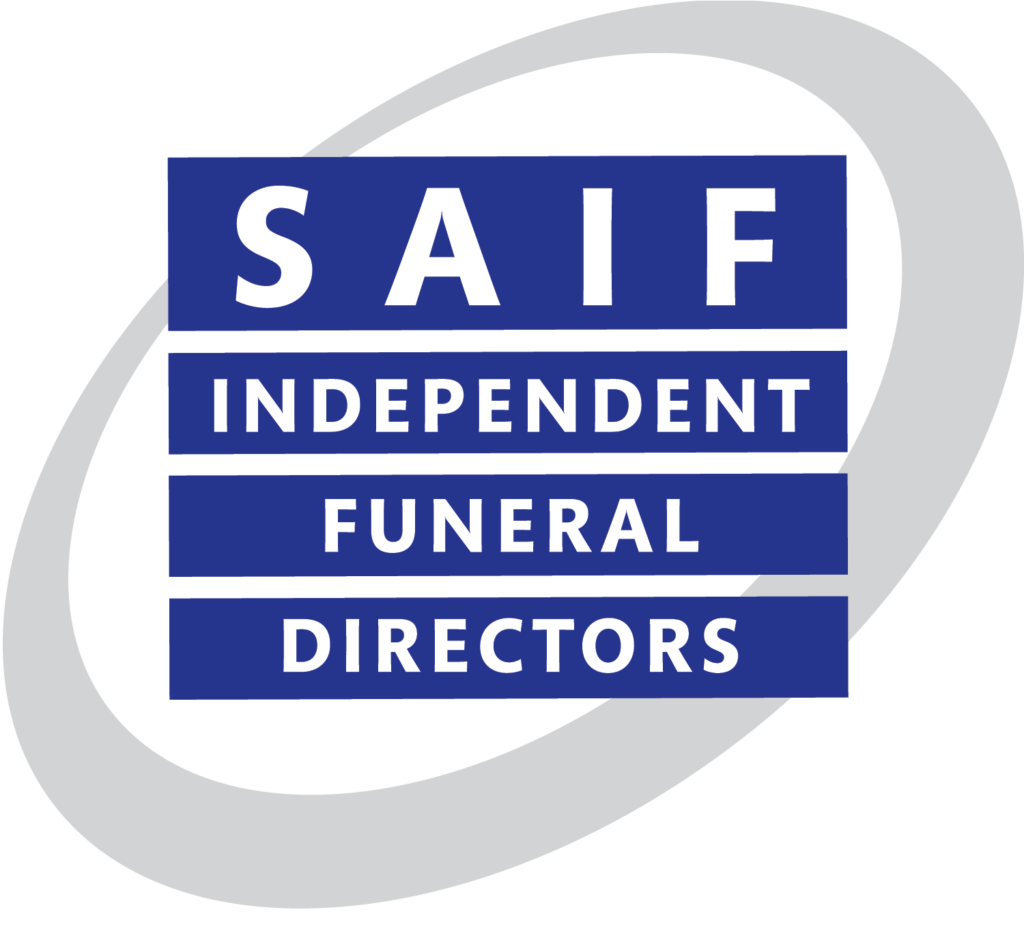

Our services are available at any time, day or night and you will always speak to a member of our Broadoak funeral service staff.
Our staff are here to help and assist you under the personal direction of our qualified funeral directors.
Contact Us
- 0161 794 7499
- broadoakfuneral@btconnect.com
-
354 Worsley Road
Swinton
Manchester
M27 0FH.